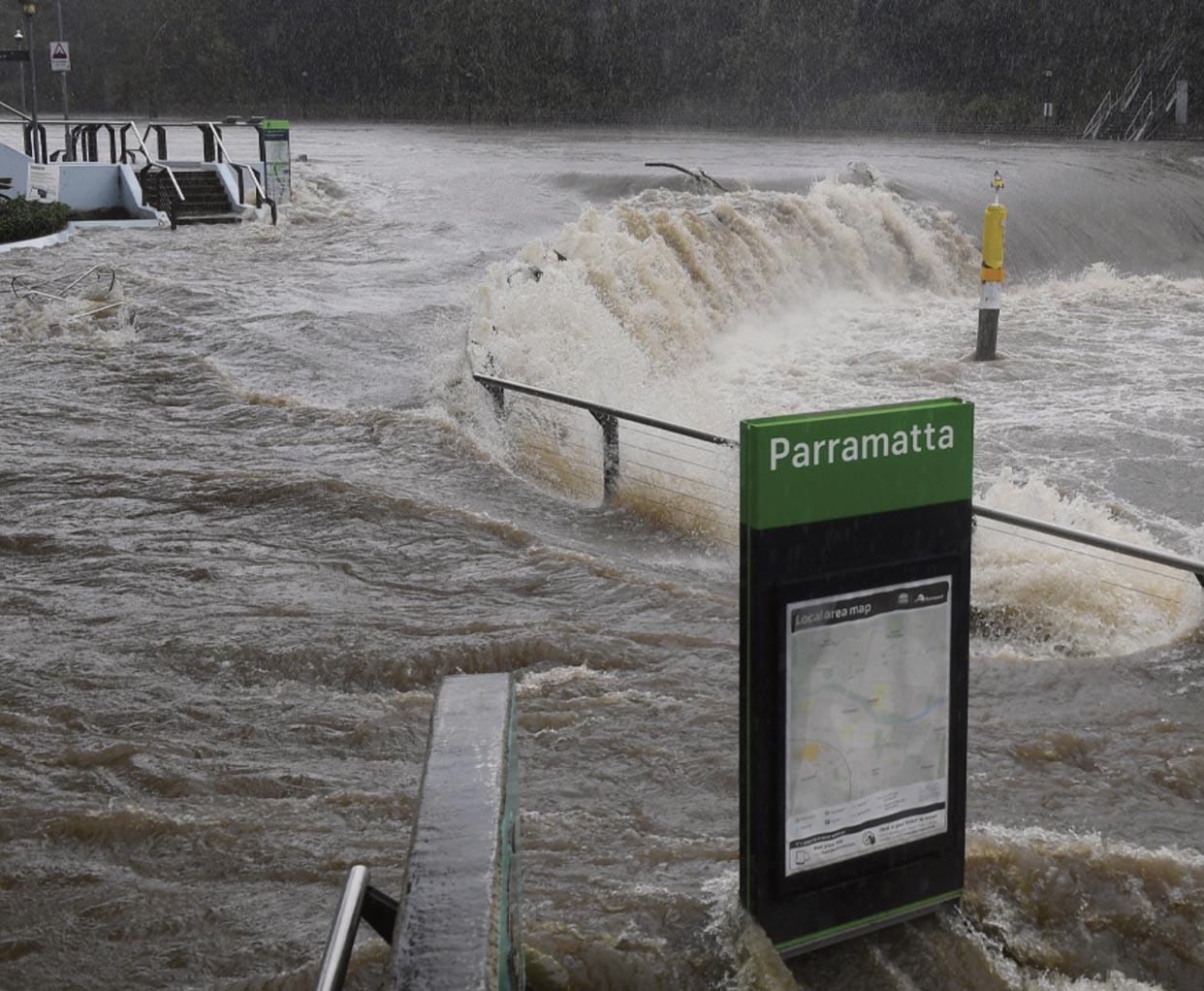THE ALPHA CITY Modern, urban economies produce a distinctive kind of city life — one where wealth appears to be high in general. However, as Rowland Atkinson discusses, the reality is that many middle-income and poorer residents are negatively affected. I ities are where our economies, wealth and a range of positive outcomes are forged. Yet in many cities around the world, a particular kind of economy exists — dominated by finance, international property investment and growing inequalities. Many people are affected by the way property and finance help those to make more money, while the many who struggle are excluded from prosperity. Even worse — in a city looking to attract further wealth and the wealthy — we see decisions made that worsen pressure in the areas of housing, education, health, and community life. Meanwhile, many working in politics can be seen to represent the interests of the wealthy and corporate groups — those in law, real estate, property development, think tanks and so on. Many working in these sectors promote
C
the idea that investment and the presence of the wealthy are necessary for the city to benefit all citizens. But this argument is increasingly criticised. This is because it fails to recognise (and often conceals) how development and finance does not benefit poorer and middle-income citizens. While many discuss the way that the rewards of work are unevenly distributed, in reality, the biggest divide is between those who work for a living and those who own land and other assets. Owning such wealth is a way of making much more money, while those who work have seen their lives become increasingly difficult. Many who support free-market principles often push for prodevelopment planning legislation. In many ways, ideas about how the city economy should work become accepted as simply how things are so that they are rarely challenged. These codes have underpinned a kind of capitalist revolution. This has been in place since the early 1980s and only accelerated over time. During this time,
32 | Inner Sydney Voice | Winter 2021 | innersydneyvoice.org.au
the rich have got richer, corporations and wealthy individuals have paid less and less tax, public housing has been degraded and sold-off, welfare systems have been withdrawn or eroded, and most forms of social investment have been popularly described as wasteful. All of this begs the question — who is the city for? The alpha city is a term used to describe the kind of city that brings together many of the wealth elite (the richest people), their often, wealthy enablers (those at the top of the property, corporate and political systems), unending rounds of development (in the land and housing markets), and the prominent role of finance. The term is also a description of how those with power tend to privilege property and wealth while doing much less to intervene or to support those in more challenging situations as well as the city’s middle classes. While being an alpha city may sound like a winning formula, the reality is that these gains are almost only to the wealthy.


















